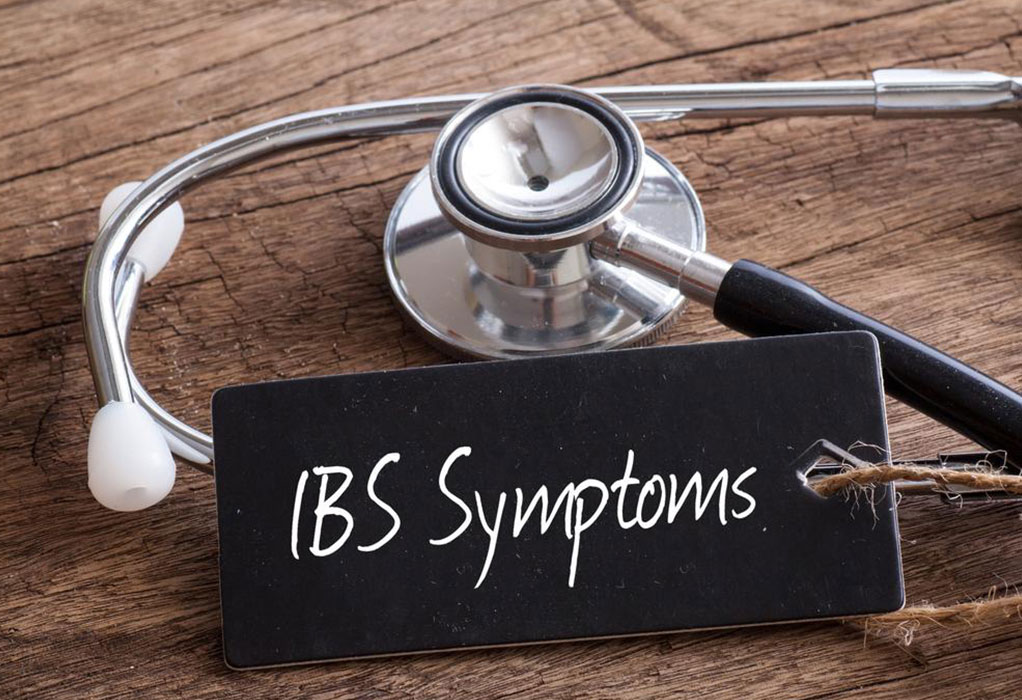Causes of IBS – A Combination of Factors

A common gastrointestinal disorder, irritable bowel syndrome or IBS, leads to a mixture of symptoms including abdominal discomfort, disturbed bowel movements, and abnormal stool texture. These symptoms last long and may be present for a minimum of three days every month over a period of three months.
Also called as spastic colon, this disorder is not life-threatening and does not put you at a greater risk for other more serious intestinal conditions such as colon cancer and Crohn’s disease. However, the syndrome may impede normal lifestyle to the extent that sufferers may be confined to their homes.
IBS is of two types, one accompanied by chronic or recurring diarrhea, and the other characterized by pain in the abdomen and constipation. In some cases, patients may experience both constipation and diarrhea in an alternating pattern.
Unfortunately, research is yet to pinpoint the precise reason why IBS occurs. However, it is known that there are several factors, ranging from abnormally contracting intestinal muscles to psychological problems that act as the causes of IBS.
Abnormal Movement of the Intestinal Walls
Normally, the muscles lining the intestinal walls relax and contract in a coordinated fashion to help food from the stomach move through the entire length of the intestinal tract and reach the rectum.
However, in patients with IBS, the muscles contract irregularly thus causing the symptoms of the syndrome. For example, if the muscle contractions are stronger than usual, they tend to last longer and lead to bloating, gas formation, and diarrhea. On the other hand, if the contractions are weak, movement of food through the intestines slows down, which causes the formation of hard and dry stools.
One reason for the abnormal contraction of intestinal muscles is the flawed signaling between the gut and brain. Owing to miscommunication, muscle spasms occur that either hasten or retard stool passage through the gut.
Such a faulty coordination may also encourage the body to overreact to the usual intestinal changes that occur during digestion or when experiencing stress, thereby leading to cramping, constipation, or diarrhea.
Abnormally Sensitive Intestines
Gastrointestinal nerves in people with IBS may be highly sensitive, causing them to feel abdominal discomfort more acutely than in others, particularly when the intestines contain stool.
Researchers suggest that the brain of the IBS patients responds differently to pain from those without the disorder.
Stimuli that Trigger IBS Symptoms
Various triggers that set off IBS symptoms in patients include:
· Certain food such as carbohydrates, fats, spices, chocolate, fruits, cruciferous vegetables, beans, soft drinks, coffee, and milk that are not tolerated well by the individual.
· Alcohol.
· Reduced bile acid or sugar absorption.
· Psychological problems such as depression, anxiety, and stress.
· Antibiotics, as they affect the gut microbial ecosystem.
· Acute gastrointestinal viral or bacterial infections that create abnormalities in the lining of the gastrointestinal tract.
· Excessive bacterial growth in the small intestines that increases gas production, leads to diarrhea and triggers loss of body weight.
· Changes in the levels of nerve transmitters or gastrointestinal hormones.
· Genetics, with the risk of IBS being higher in people with a family history of the disorder.
· Since women are at two times the risk of IBS than men, experts postulate that hormonal changes, particularly those that occur over the menstrual cycle, may have a role to play in causing the syndrome. Interestingly, after menopause, women show fewer IBS symptoms than their younger counterparts, thus implicating the role of hormonal changes in causing IBS.
While studies have identified the above-mentioned IBS stimuli, the exact mechanism by which they exert their effects are yet to be understood.
Psychological Issues
It has been observed that certain mental problems such as depression, anxiety, panic disorder, and post-traumatic stress disorder are a common occurrence in those suffering from IBS. However, as is with the other causative factors, the association between the psychological health of an individual and IBS is not fully known.
Researchers propose that the mental stress in IBS sufferers is expressed via physical disorders. Indeed, approximately 62% of those suffering from IBS say that it is stress that worsens their symptoms.
Stress is said to have the following effects:
· Make a person more aware of their colonic sensations.
· Trigger quick colonic responses in terms of muscle spasms in individuals.
· Influence nerve responses and through it make the digestive system of IBS patients hyper-reactive and highly responsive to even small disturbances in it.
· Affect the immune system, which in turn exerts its influence on the symptoms of IBS.
Since IBS can be caused by an array of factors that differ from one individual to another, preventing the condition becomes quite challenging. Added to this is the fact that mental stress in this fast-paced world is unavoidable.
However, if individuals can identify their own IBS stimuli and learn to manage stress through various relaxation techniques such as meditation and yoga, sidestepping the causes of IBS and the issue itself is not impossible.


